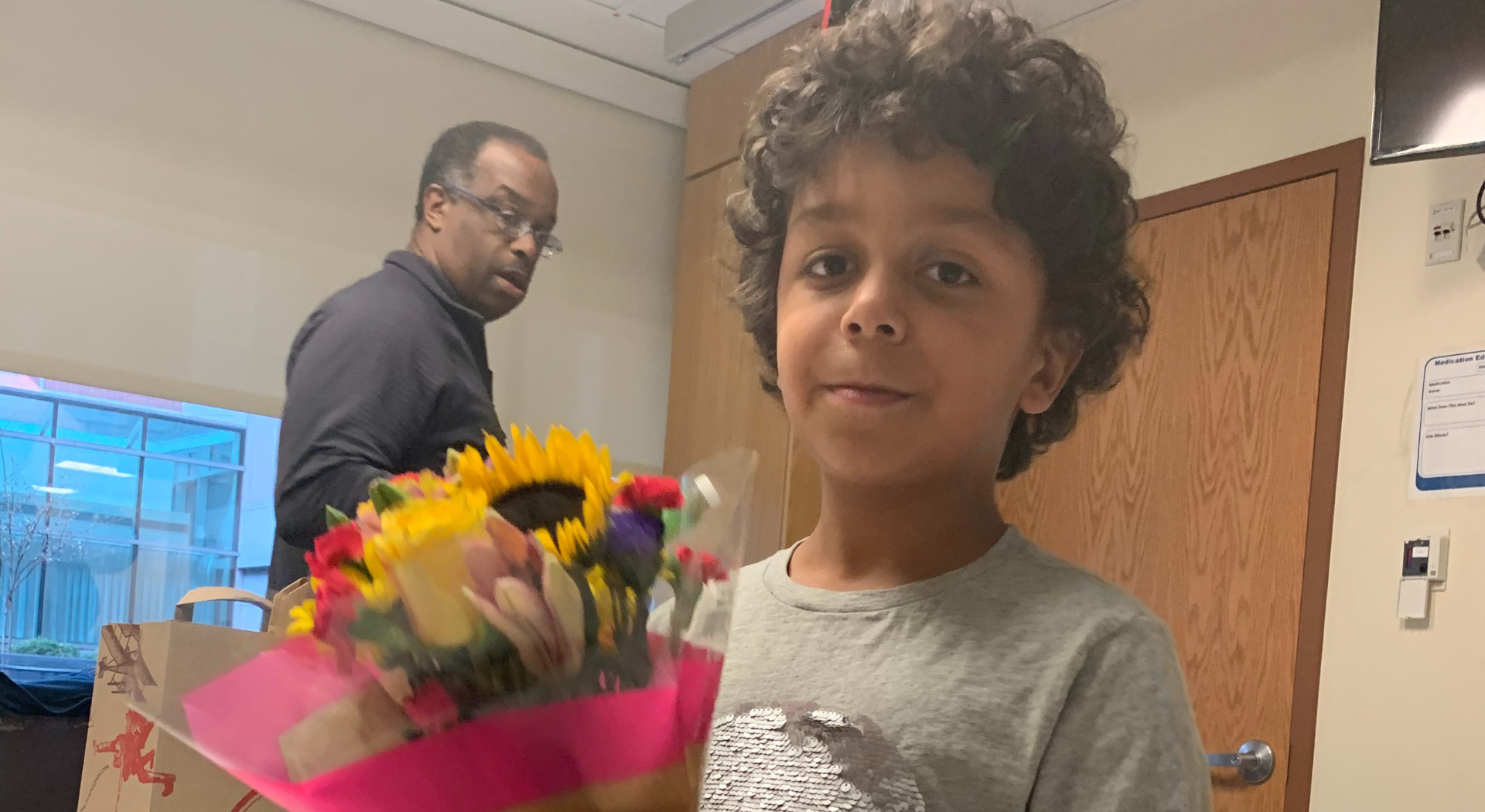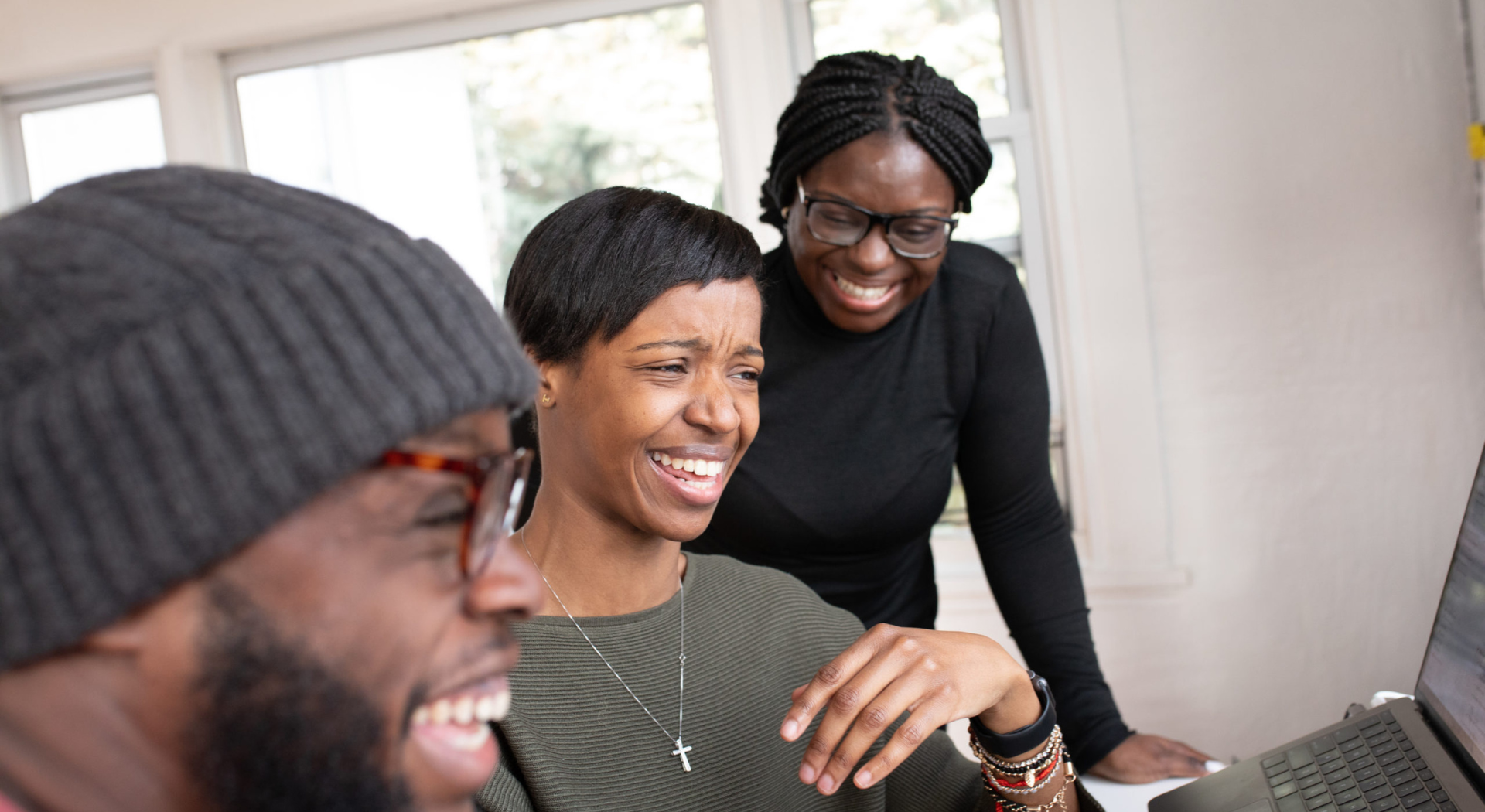Yeah, yeah, life is suffering.
You don’t need to remind a cancer patient; they’re pretty clear on that. Nobody wants any more of it. But what happens when we embrace and befriend our suffering? When we get curious about it, and accept that, as the Buddhists say, “life is suffering.”
It sounds depressing, right?
But the suffering they refer to isn’t quite what we think. In fact, the Pali and Sanskrit word dukkha which is translated to suffering, is much more complex. Metaphorically, it refers to a wheel off its axle, and can be more literally translated to “life does not satisfy.”
How to suffer like a Buddhist
Suffering isn’t pain. Pain is pain, and it’s real, and no-one wants it. But suffering in the Buddhist sense isn’t pain (which is a normal part of life), but rather all the things we do, consciously or not, to resist, deny, or suppress that pain, especially emotional pain. The ways we grasp at things we can’t have or refuse to accept changes; the ways we live in our disappointments. That is the suffering the Buddha calls his followers to accept and work through.
When we can accept our pain as it is, with curiosity and an open heart, and without the envelope of suffering we have put it in, we can move through it with more compassion and self-love.








